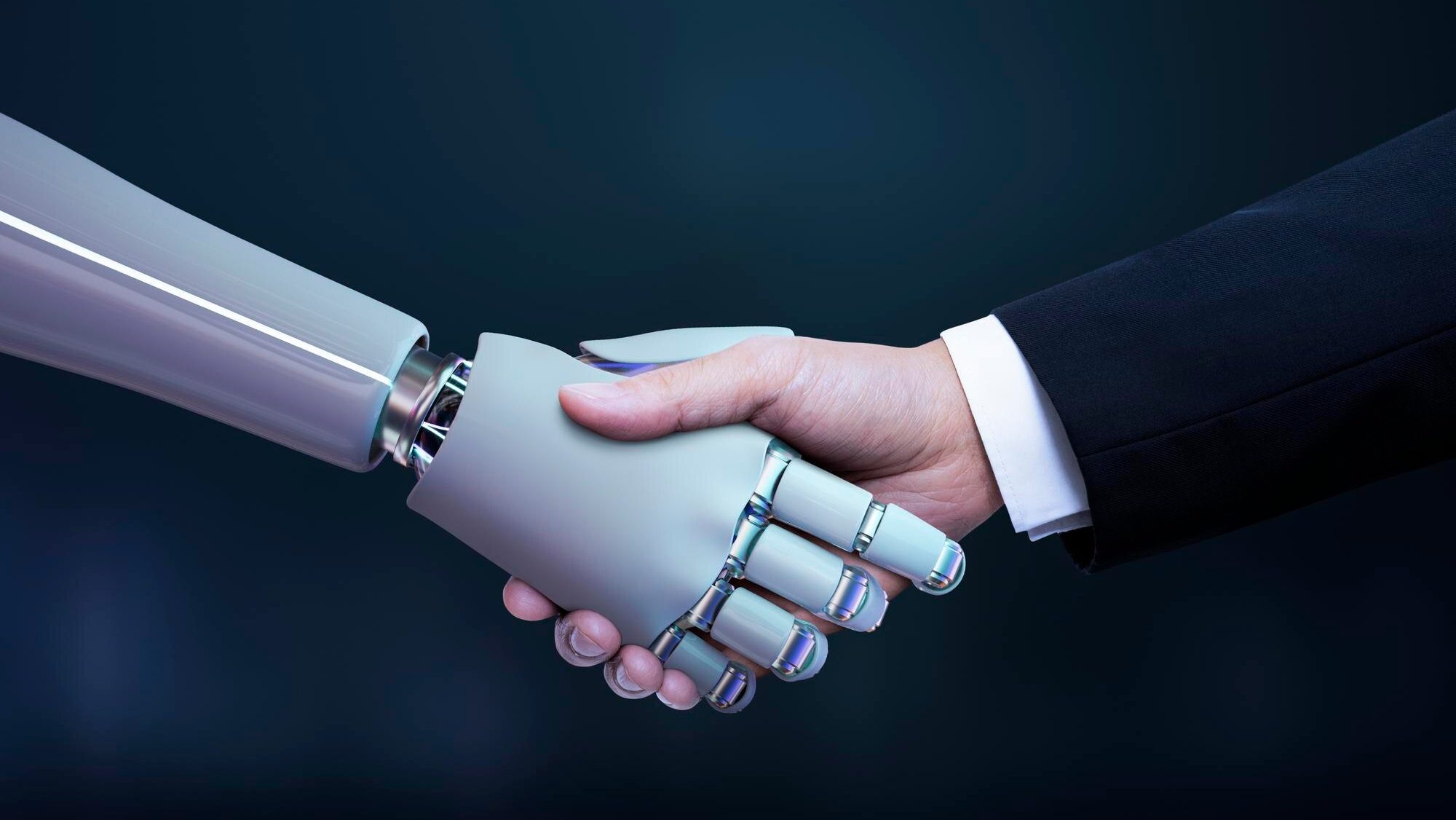INTERNATIONAL: The opinion that artificial intelligence is a danger to job security is beginning to change, according to the second annual “AI’s Impact on the Workplace” survey by Beautiful.ai and published by HRD Asia.
The report disclosed that many managers are now starting to see AI as an instrument that could boost productivity instead of being a tool to fire employees. Currently, 54% of managers say they do not want to employ AI to substitute staff; this insight is a substantial 15% increase from 2024.
“As AI becomes more common, managers appear to be more hesitant around replacing workers or critical functions with AI entirely,” according to the report. In its place, businesses are taking advantage of AI to restructure workflows, boost productivity, and back human teams instead of displacing them.
Rising adoption, decreasing fear
The report also pointed out a significant rise in AI adoption among business managers. A remarkable 77% now state that they’re employing AI tools to improve productivity and augment efficiency, up from a mere 11% in 2024. Over half (57%) are using AI to aid in managing workers regularly by 2025.
Notwithstanding this integration, apprehensions still exist. Managers know of their employees’ concerns—64% admit that their personnel are afraid that AI will diminish their value at work, whereas 58% believe workers are afraid of ultimately losing their jobs.
Although the World Economic Forum reported beforehand that 41% of company managers and owners intend to lessen the headcount of tasks that can be replicated by AI, the Beautiful.ai survey demonstrates an unambiguous disparity—63% of managers now say AI cannot substitute for several workforces they manage, an increase from 20% last year.
Wages and workforce: A complex future
While the instantaneous risk of job loss may be declining, anxieties about salaries continue. The survey indicated that 44% of managers are afraid that AI could push salaries lower in management, and 41% think that it can lead to a wide-ranging sluggishness of their remuneration. These uncertainties differ from the conclusions of a PwC report, which stated that AI-related positions command, on average, 25% higher salaries than non-AI roles in similar work fields.
Experts like AI innovation consultant Amanda Fetch recommend that organizations deal with restlessness via transparency and education. “Highlight examples where AI has successfully augmented human efforts… Emphasize the collaborative potential of AI,” Fetch said. The key, according to Fetch, is nurturing a work culture that takes in AI as a partner, not a menace.
As businesses remain exploring AI’s competencies and potential, the discussion seems to be changing, from dread of replacement to prospects of teamwork and advancement.

